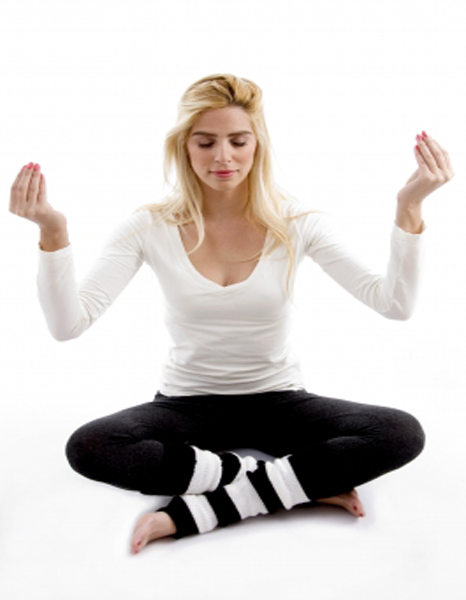This article was first seen on NateAnglin.com. To see original article, click here. Stress is like the older brother I never had.
He beats me up, teases me, and takes my food when I’m not looking.
Just last month he beat me up really bad. Our email host, Bluehost (terrible), had an issue which resulted in our Virtual Private Server (VPS) being shut down for 24 hours. What this meant was no emails going in and no emails going out for Skylink.
Talk about stress. I was frantically panicked doing everything in my power to yell and scream to get our emails back. The stress lasted late into the night, 12 am to be exact.
I was mentally beaten up, and decided to go to bed.
In the morning our emails were back and the stress was over.
Sleep is one of the best ways to relieve stress. [TWEET THIS]
No, it didn't magically make our emails come back to life, but it did give my mind the ability to chill out and refresh.
Why sleep is so important
Sleep and stress have a hateful relationship.
When you’re stressed, you’re not sleeping and when you’re not sleeping, you’re stressed.
In several research studies (here, here) disruptive sleep affects stress responsivity.
In other words when you're not sleeping your tolerance for stress goes through the roof.
When you get quality sleep your memory improves, quality of life rises, inflammation subsides, creativity increases, attention sharpens, weight is healthy, stress is manageable, depression stalls, and the list can go on and on. Should I continue?
One of the most critical ways to relieve stress is to just sleep it off. Now, this is easier said than done. If you have sleeping problems, or just need better quality of sleep, put a couple of strategies in your sleeping arsenal.
Prep your sleep sanctuary
Your sleep sanctuary is your bedroom. It’s the royal grounds of your life.
This is where you recover from being a human. This is where the life altering changes during sleep happens. Sleep less and be miserable, or sleep well and live well.
Here are a few strategies you should adopt today:
- Eat a few hours before bed. Give your body time to digest.
- Limit your fluid intake a couple of hours before bed.
- Black out your shades. No light should come in to your room from the outside, your phone, alarm clock, TV or any other device. Completely black.
- Make your room nice and cool. Research says 65°F but that's too cold for me.
- Get ear plugs and block out unnecessary noise.
- Turn your phone on airplane mode and turn off all WiFi connectivity. This will cut your EMF exposure and help create a sleep sanctuary.
- Reduce your blue light exposure at least 2 hours before bed. No electronics. I like to use candles after 9pm.
Sleeping well may not be normal for you, while stress is.
It’s about making conscious efforts to change bad habits and promote higher quality of sleep.
Your stress level is depending on it.








